Category

Popular Products
-
 Dissecting Set
Dissecting Set
KSh 2,000.00Original price was: KSh 2,000.00.KSh 1,800.00Current price is: KSh 1,800.00. -
 AUTOCLAVE (18ltrs)
AUTOCLAVE (18ltrs)
KSh 22,000.00Original price was: KSh 22,000.00.KSh 20,000.00Current price is: KSh 20,000.00. -
 Magnifying glass 5 LED Light Auxiliary Clip Magnifier
Magnifying glass 5 LED Light Auxiliary Clip Magnifier
KSh 6,500.00Original price was: KSh 6,500.00.KSh 5,500.00Current price is: KSh 5,500.00. -
 96-Well Tissue Culture Plate - Individually Wrapped, with Lid,Flat Bottom Wells(Pack of 10)
96-Well Tissue Culture Plate - Individually Wrapped, with Lid,Flat Bottom Wells(Pack of 10)
KSh 8,000.00Original price was: KSh 8,000.00.KSh 7,000.00Current price is: KSh 7,000.00. -
 Autoclave tape
Autoclave tape
KSh 800.00Original price was: KSh 800.00.KSh 650.00Current price is: KSh 650.00.
Latest News
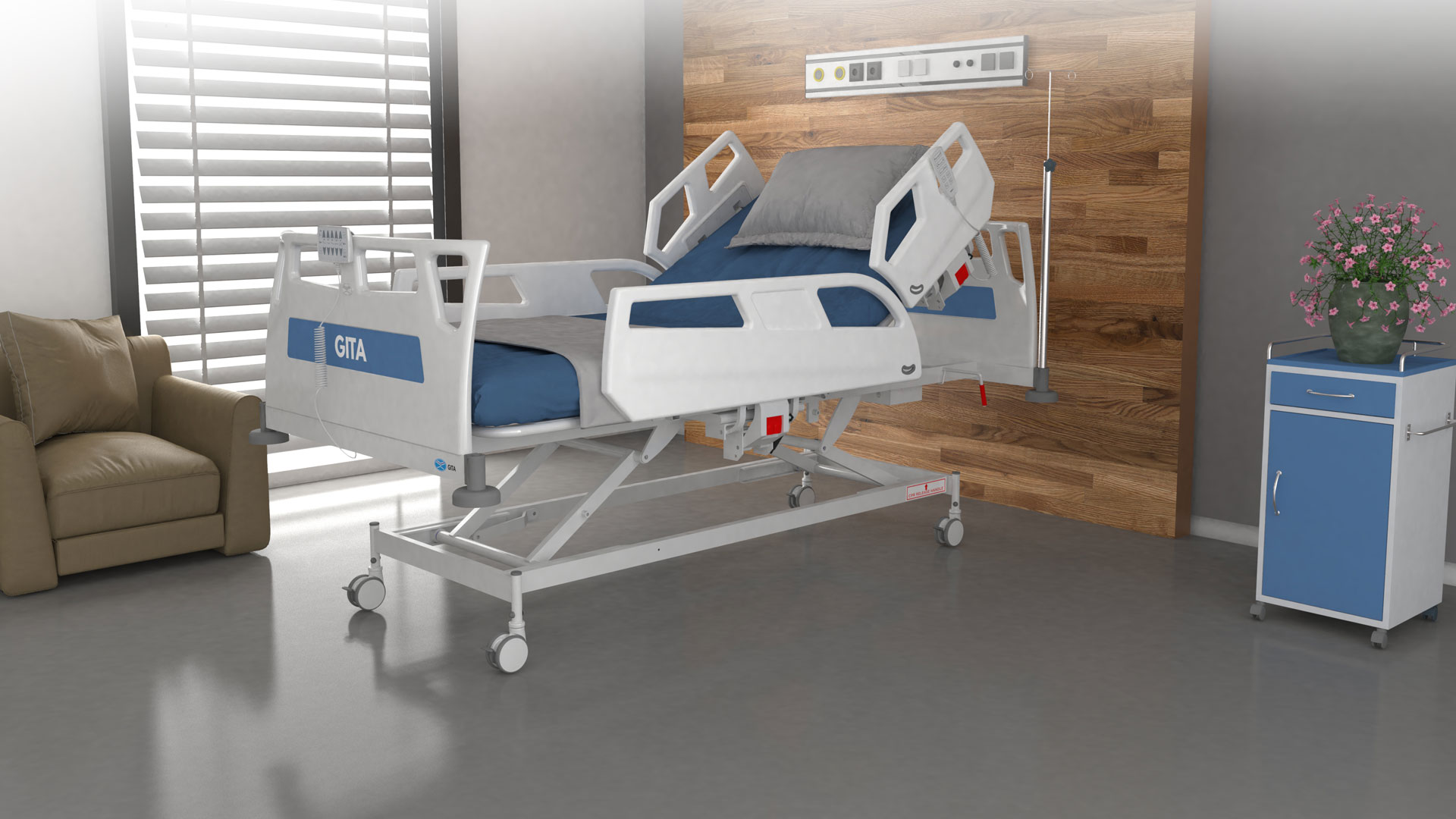
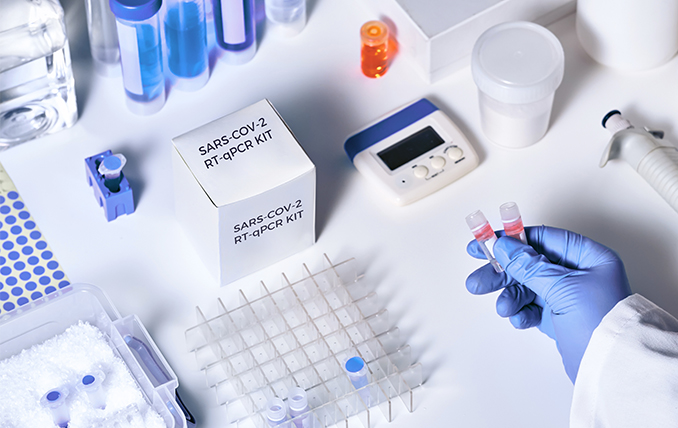

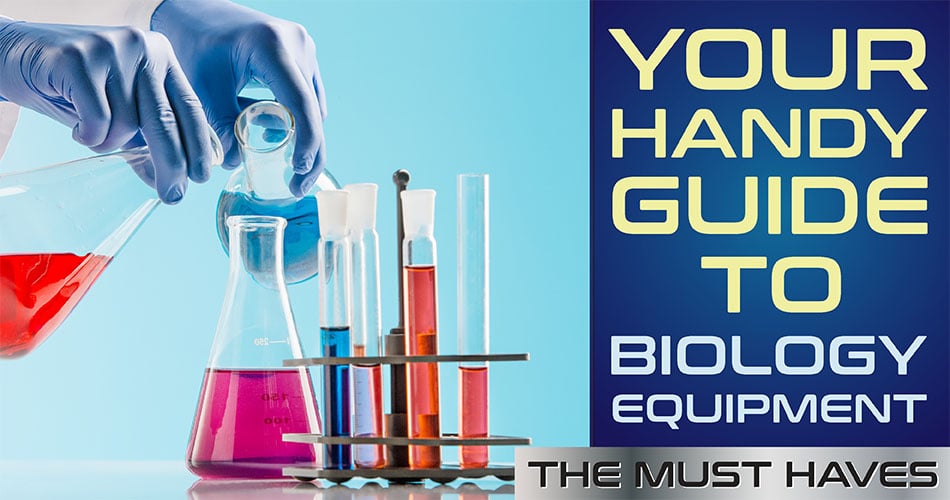
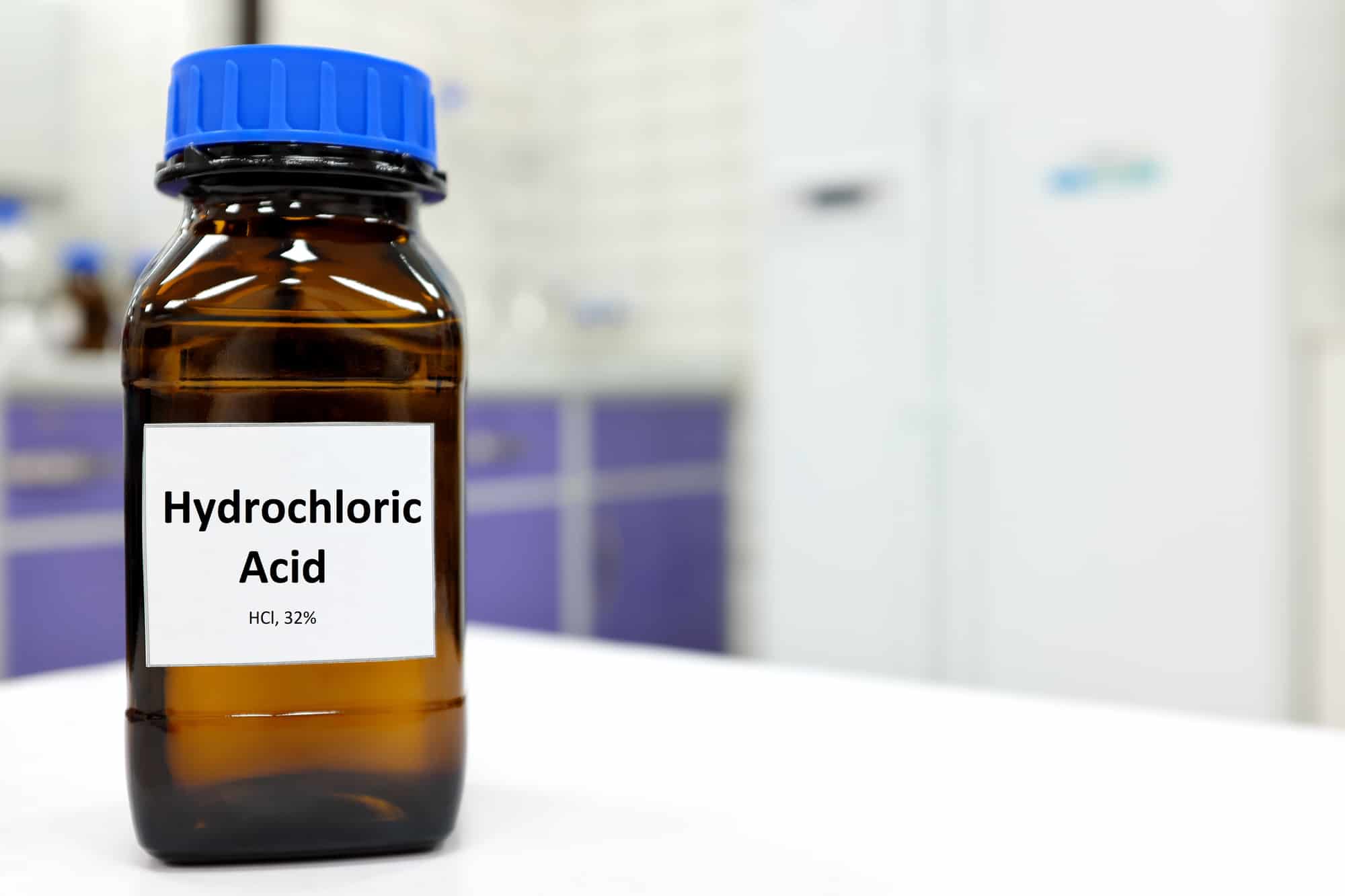


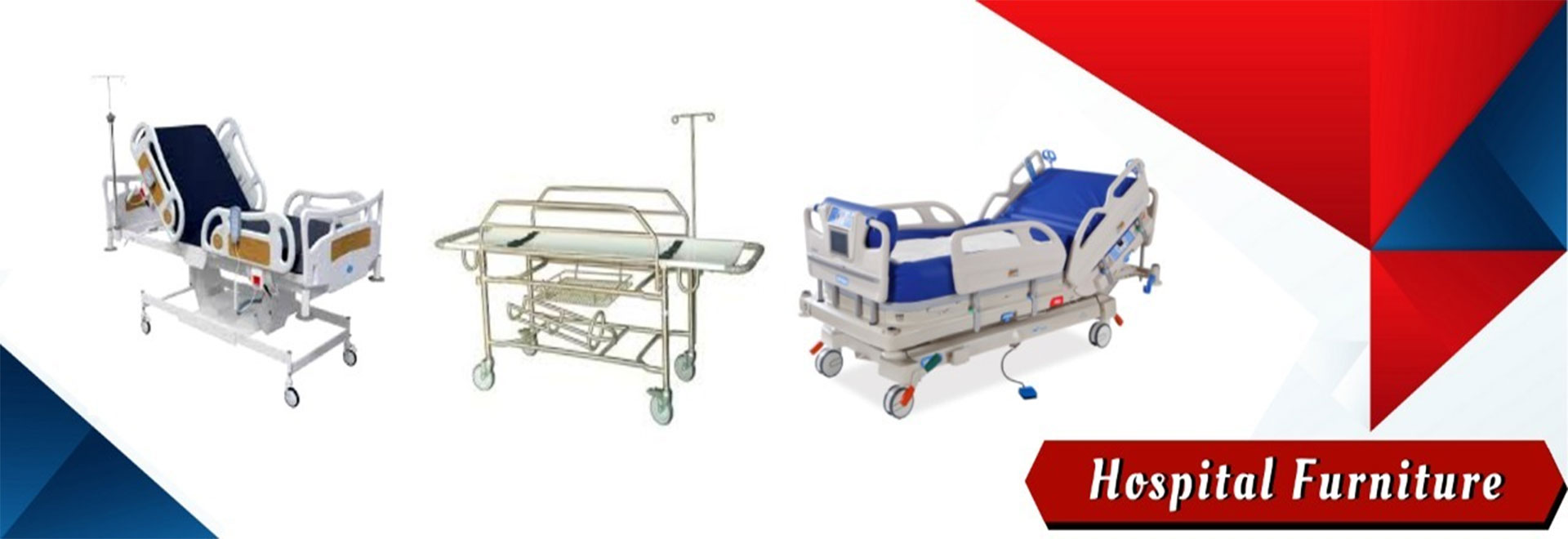

On Sale Products
-
 CBR swell Tripod
CBR swell Tripod
KSh 35,000.00Original price was: KSh 35,000.00.KSh 32,000.00Current price is: KSh 32,000.00. -
 Sodium Alginate Extrapure 250g
Sodium Alginate Extrapure 250g
KSh 19,500.00Original price was: KSh 19,500.00.KSh 15,950.00Current price is: KSh 15,950.00. -
 FOIF RTS102 Total Station Complete
FOIF RTS102 Total Station Complete
KSh 680,000.00Original price was: KSh 680,000.00.KSh 650,000.00Current price is: KSh 650,000.00. -
 Biospy Needle
Biospy Needle
KSh 3,800.00Original price was: KSh 3,800.00.KSh 3,500.00Current price is: KSh 3,500.00. -
 Biohazard Box 5ltrs
Biohazard Box 5ltrs
KSh 300.00Original price was: KSh 300.00.KSh 250.00Current price is: KSh 250.00.


In recent years, there has been a significant increase in the demand for hospital diagnostic kits in Kenya. These kits play a critical role in the diagnosis and treatment of various medical conditions. They enable healthcare professionals to identify diseases, monitor disease progression, and provide targeted treatments to patients. This article provides an in-depth look at the various hospital diagnostic kits available in Kenya, their applications, and the challenges facing their adoption and use.
Rapid Diagnostic Tests (RDTs)
Rapid diagnostic tests are simple, affordable, and easy-to-use diagnostic kits that are used to detect the presence of specific antigens or antibodies in patient samples. RDTs are commonly used to diagnose infectious diseases such as malaria, HIV, tuberculosis, and hepatitis B and C. These diagnostic kits are particularly useful in resource-limited settings, where access to laboratory infrastructure and trained personnel is limited. RDTs deliver results within minutes, allowing healthcare professionals to initiate appropriate treatment quickly.
In Kenya, the use of RDTs has increased significantly in recent years, particularly for the diagnosis of malaria. The country has one of the highest malaria burdens in Africa, with an estimated 27.3 million people at risk of infection. Malaria RDTs are widely used in Kenya to diagnose and treat malaria in both public and private healthcare facilities. In addition to malaria, RDTs are also used to diagnose other infectious diseases, including HIV, tuberculosis, and hepatitis B and C.
Enzyme-Linked Immunosorbent Assay (ELISA) Kits
ELISA kits are diagnostic kits that use antibodies and antigens to detect the presence of specific proteins in patient samples. ELISA kits are commonly used to diagnose infectious diseases, autoimmune disorders, and cancer. In Kenya, ELISA kits are widely used to diagnose infectious diseases such as HIV, hepatitis B and C, and syphilis. These diagnostic kits are also used in the diagnosis and monitoring of cancer and autoimmune disorders such as lupus and rheumatoid arthritis.
The use of ELISA kits in Kenya has been instrumental in improving the diagnosis and management of infectious diseases. However, the adoption and use of these diagnostic kits face several challenges, including limited access to laboratory infrastructure, limited funding, and inadequate training of laboratory personnel. In addition, there is a need for regular quality control and quality assurance of ELISA kits to ensure accurate and reliable results.
Polymerase Chain Reaction (PCR) Kits
PCR kits are diagnostic kits that are used to amplify DNA or RNA sequences in patient samples. PCR kits are commonly used in the diagnosis of infectious diseases, genetic disorders, and cancer. In Kenya, PCR kits are used to diagnose infectious diseases such as HIV, tuberculosis, and hepatitis B and C. These diagnostic kits are also used in the diagnosis and monitoring of genetic disorders such as sickle cell disease and cancer.
The use of PCR kits in Kenya has significantly improved the accuracy and reliability of disease diagnosis, particularly for infectious diseases such as HIV and tuberculosis. However, the adoption and use of PCR kits face several challenges, including limited access to laboratory infrastructure, high cost, and inadequate training of laboratory personnel. In addition, there is a need for regular quality control and quality assurance of PCR kits to ensure accurate and reliable results.
Blood Gas Analyzers
Blood gas analyzers are diagnostic kits used to measure the levels of oxygen, carbon dioxide, and other gases in the blood. Blood gas analyzers are critical in monitoring patients with respiratory or metabolic disorders. In Kenya, blood gas analyzers are commonly used in critical care settings such as intensive care units and emergency departments.
The use of blood gas analyzers in Kenya has significantly improved the diagnosis and management of respiratory and metabolic disorders. However, the adoption and use of these diagnostic kits face several challenges, including limited access to laboratory infrastructure, high cost, and inadequate training
of healthcare professionals. In addition, there is a need for regular maintenance and calibration of blood gas analyzers to ensure accurate and reliable results.
Challenges facing the adoption and use of hospital diagnostic kits in Kenya
Despite the significant benefits of hospital diagnostic kits, their adoption and use in Kenya face several challenges. These challenges include:
- Limited access to laboratory infrastructure: A significant proportion of healthcare facilities in Kenya lack the necessary laboratory infrastructure to support the use of diagnostic kits. This includes a lack of laboratory equipment, reagents, and trained laboratory personnel.
- High cost: Many hospital diagnostic kits are expensive, making them unaffordable for many healthcare facilities in Kenya. This limits their adoption and use, particularly in resource-limited settings.
- Inadequate training of healthcare professionals: The effective use of hospital diagnostic kits requires trained healthcare professionals who can accurately interpret and use the results. However, many healthcare professionals in Kenya lack the necessary training to effectively use these diagnostic kits.
- Quality control and quality assurance: The accuracy and reliability of diagnostic results depend on the quality of the diagnostic kits used. However, many healthcare facilities in Kenya lack the necessary quality control and quality assurance processes to ensure accurate and reliable results.
- Supply chain challenges: The availability and timely delivery of diagnostic kits are critical for their effective use. However, the supply chain for diagnostic kits in Kenya is often fragmented, leading to stockouts and delays in the delivery of diagnostic kits.
Conclusion
Hospital diagnostic kits play a critical role in the diagnosis and treatment of various medical conditions in Kenya. They enable healthcare professionals to accurately diagnose diseases, monitor disease progression, and provide targeted treatments to patients. However, their adoption and use face several challenges, including limited access to laboratory infrastructure, high cost, inadequate training of healthcare professionals, and supply chain challenges. Addressing these challenges will require a concerted effort from various stakeholders, including the government, healthcare providers, and diagnostic kit manufacturers. Improving access to laboratory infrastructure, providing affordable diagnostic kits, and investing in training and quality control and assurance processes will be critical in ensuring the effective adoption and use of hospital diagnostic kits in Kenya.
-
Sodium Alginate Extrapure 250g
KSh 19,500.00Original price was: KSh 19,500.00.KSh 15,950.00Current price is: KSh 15,950.00. -
-
BD Sodium Citrate Vacutainer Tube
KSh 6,950.00 -
Bedside Locker
KSh 16,500.00Original price was: KSh 16,500.00.KSh 15,400.00Current price is: KSh 15,400.00.Add to cartIncludes a drawer and a double-deck cupboard. The whole cabinet is made of good-quality ABS; towel can be hung at the side.
With dining board, drawer, sundries pothook, and towel stand. It is very beautiful and the design is reasonable. Thermos, washbasin, and other commodity can be put in it; there is a board for meals between the drawer and the tabletop.
-
25 Litres Digital Laboratory Incubator
KSh 47,500.00Add to cartA laboratory incubator is used to grow and maintain microbiological cultures.
The incubator maintains optimal temperature, humidity and other condition
-
Ambu bag Adults
KSh 4,500.00Original price was: KSh 4,500.00.KSh 4,000.00Current price is: KSh 4,000.00.Add to cartA bag valve mask (BVM), sometimes referred to as an Ambu bag, is a handheld tool that is used to deliver positive pressure ventilation to any subject with insufficient or ineffective breaths. It consists of a self-inflating bag, one-way valve, mask, and an oxygen reservoir.
The bag is equipped with an anesthetic mask, breathing and oxygen bag.
All components latex free
Disinfectable, autoclave up to 134 °C, gas sterilizable (silicone version)
Robust: ready for use under toughest environmental conditions -
Emergency Medicine Trolley
KSh 122,000.00Original price was: KSh 122,000.00.KSh 115,000.00Current price is: KSh 115,000.00.Add to cartA crash cart is a set of trays/drawers/shelves on wheels used in hospitals for transportation and dispensing of emergency medication/equipment at site
-
Test Tube Stand
KSh 250.00Original price was: KSh 250.00.KSh 190.00Current price is: KSh 190.00.Add to cartTest tube Stand are laboratory equipment used to hold upright multiple test tubes at the same time. They are most commonly used when various different solutions are needed to work with simultaneously, for safety reasons, for safe storage of test tubes, and to ease the transport of multiple tubes. -
Distilled Water
KSh 550.00 – KSh 800.00Select options This product has multiple variants. The options may be chosen on the product pageBecause distilled water is so pure, it is a common tool used in the medical field
-
Bunsen Burner
KSh 1,200.00Original price was: KSh 1,200.00.KSh 850.00Current price is: KSh 850.00.Add to cartBunsen Burner with air regulator: A small adjustable gas burner used in laboratories as a source of heat.
-
Pulse Oximeter
KSh 3,000.00Original price was: KSh 3,000.00.KSh 2,500.00Current price is: KSh 2,500.00.Add to cartPulse oximetry is a noninvasive method for monitoring a person’s oxygen saturation (SO2). Though its reading of peripheral oxygen saturation (SpO2) is not always identical to the more desirable reading of arterial oxygen saturation (SaO2) from arterial blood gas analysis, the two are correlated well enough that the safe, convenient, noninvasive, inexpensive pulse oximetry method is valuable for measuring oxygen saturation in clinical use.
-
Electronic Centrifuge 6tubes
KSh 12,000.00
Related
Written by labsoko

Testimonials

Dr. Stela
Thank you labsoko, you are God sent, it has become easy for us to order our hospital's equipment's and get delivered on time. Asanteni!!!

St Michaels High Scool
All our lab equipments have been restocked from labsoko.com website. We were recommended by a lab technician to you and all we can say is that YOU DELIVER. Keep it up guys

Mount Everest Clinics
We have been purchasing products from labsoko for the past few months, and we can attest that they supply quality products with very professional approach.

Dr. Stela
Thank you labsoko, you are God sent, it has become easy for us to order our hospital's equipment's and get delivered on time. Asanteni!!!

St Michaels High Scool
All our lab equipments have been restocked from labsoko.com website. We were recommended by a lab technician to you and all we can say is that YOU DELIVER. Keep it up guys

Mount Everest Clinics
We have been purchasing products from labsoko for the past few months, and we can attest that they supply quality products with very professional approach.

Dr. Stela
Thank you labsoko, you are God sent, it has become easy for us to order our hospital's equipment's and get delivered on time. Asanteni!!!
Latest Products
-
 Smart2Pure™ UV/UF 12 ltrs Water Purification System
KSh 2,500,000.00
Smart2Pure™ UV/UF 12 ltrs Water Purification System
KSh 2,500,000.00
-
 VeritiPro™ Thermal Cycler, 96 well
KSh 1,695,000.00
VeritiPro™ Thermal Cycler, 96 well
KSh 1,695,000.00
-
 Kolida KTS-491R10LC Digital Total Station
KSh 1,350,000.00
Kolida KTS-491R10LC Digital Total Station
KSh 1,350,000.00
-
 Ohaus MB120 Moisture Meter
KSh 995,000.00
Ohaus MB120 Moisture Meter
KSh 995,000.00
-
 Leica Sprinter 250 Digital Level
KSh 698,500.00
Leica Sprinter 250 Digital Level
KSh 698,500.00
-
 Kolida K1 PRO Receiver
KSh 675,000.00
Kolida K1 PRO Receiver
KSh 675,000.00
-
 Kolida KTS-442UT Total Station Set
KSh 675,000.00
Kolida KTS-442UT Total Station Set
KSh 675,000.00
-
 FOIF RTS102 Total Station Complete
FOIF RTS102 Total Station Complete
KSh 680,000.00Original price was: KSh 680,000.00.KSh 650,000.00Current price is: KSh 650,000.00. -
 Leica- Sprinter 150 Digital Level
KSh 560,000.00
Leica- Sprinter 150 Digital Level
KSh 560,000.00
-
 DP 20 Portable Ultrasound Machine
DP 20 Portable Ultrasound Machine
KSh 550,000.00Original price was: KSh 550,000.00.KSh 510,000.00Current price is: KSh 510,000.00.
Recent Articles
- Success Story Of A New Clinic After Purchasing All Hospital Equipment’s Online
- Hospital Furniture In Kenya
- Hospital Diagnostic Kits In Kenya
- Hospital Equipment’s In Kenya
- Understanding & Starting an ovulation test kit business in Kenya
- Teacher’s Guide to Lab Supplies Needed for Biology in Kenya
- Understanding Hydrochloric Acid And Where To Buy In Kenya
- An Overview of Nitric Acid and Its Uses in Kenya
- What’s the difference between Nitrile, Vinyl And Latex Gloves?
- Hospital Furniture’s In Kenya; Buying Tips



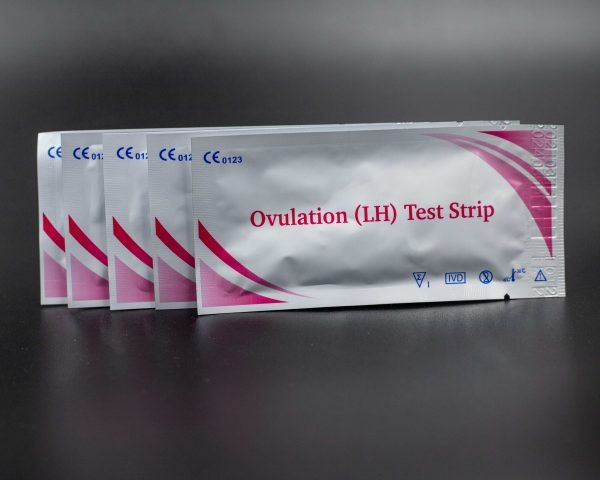










Leave a Reply